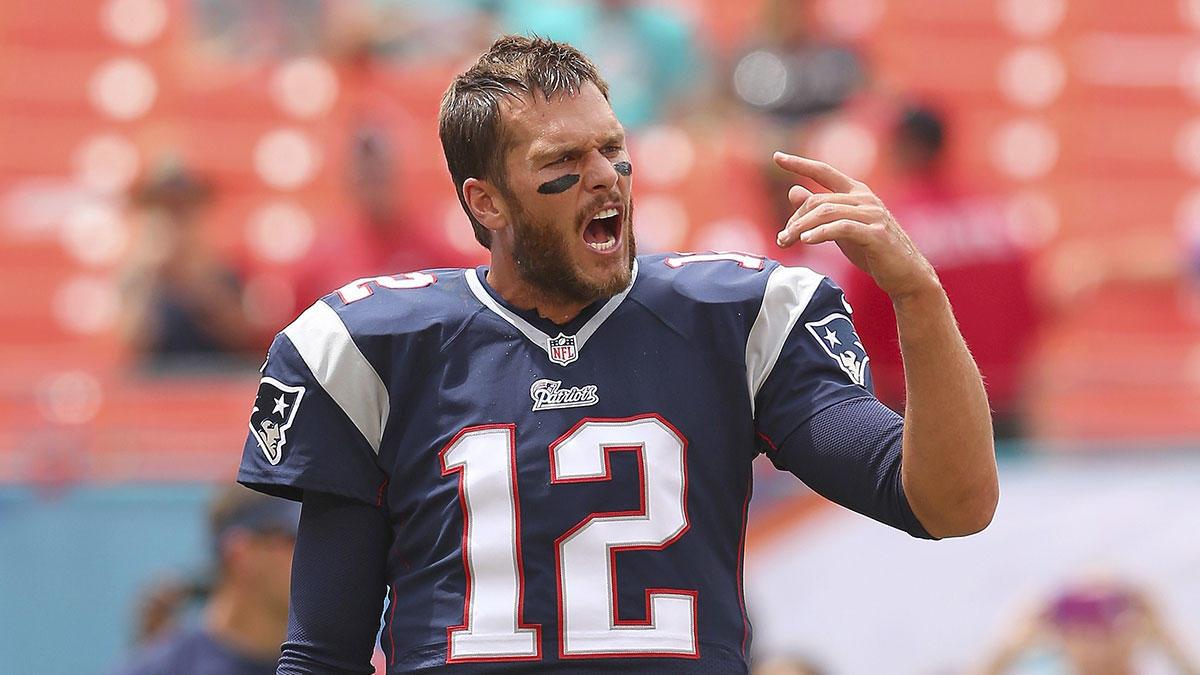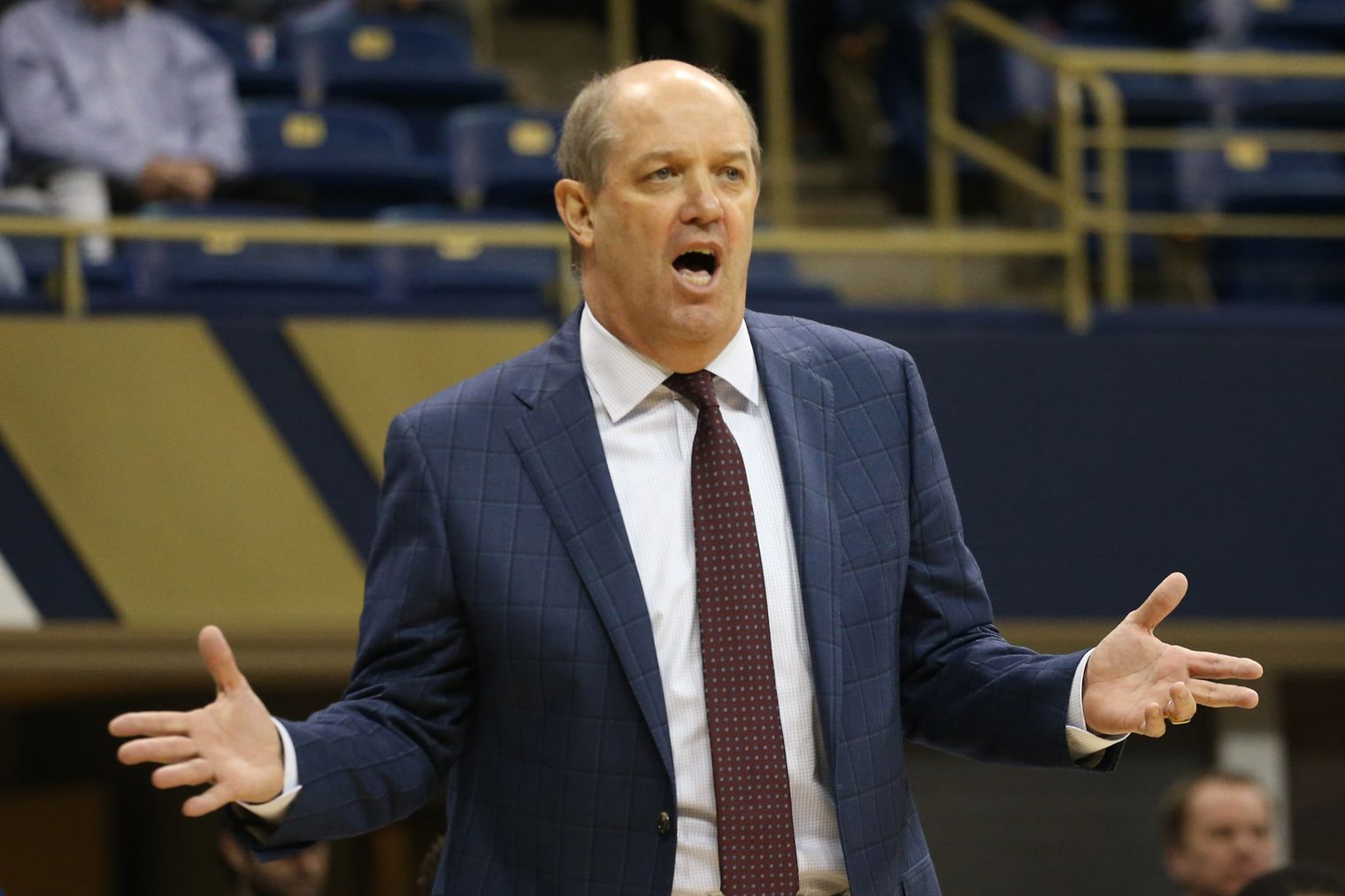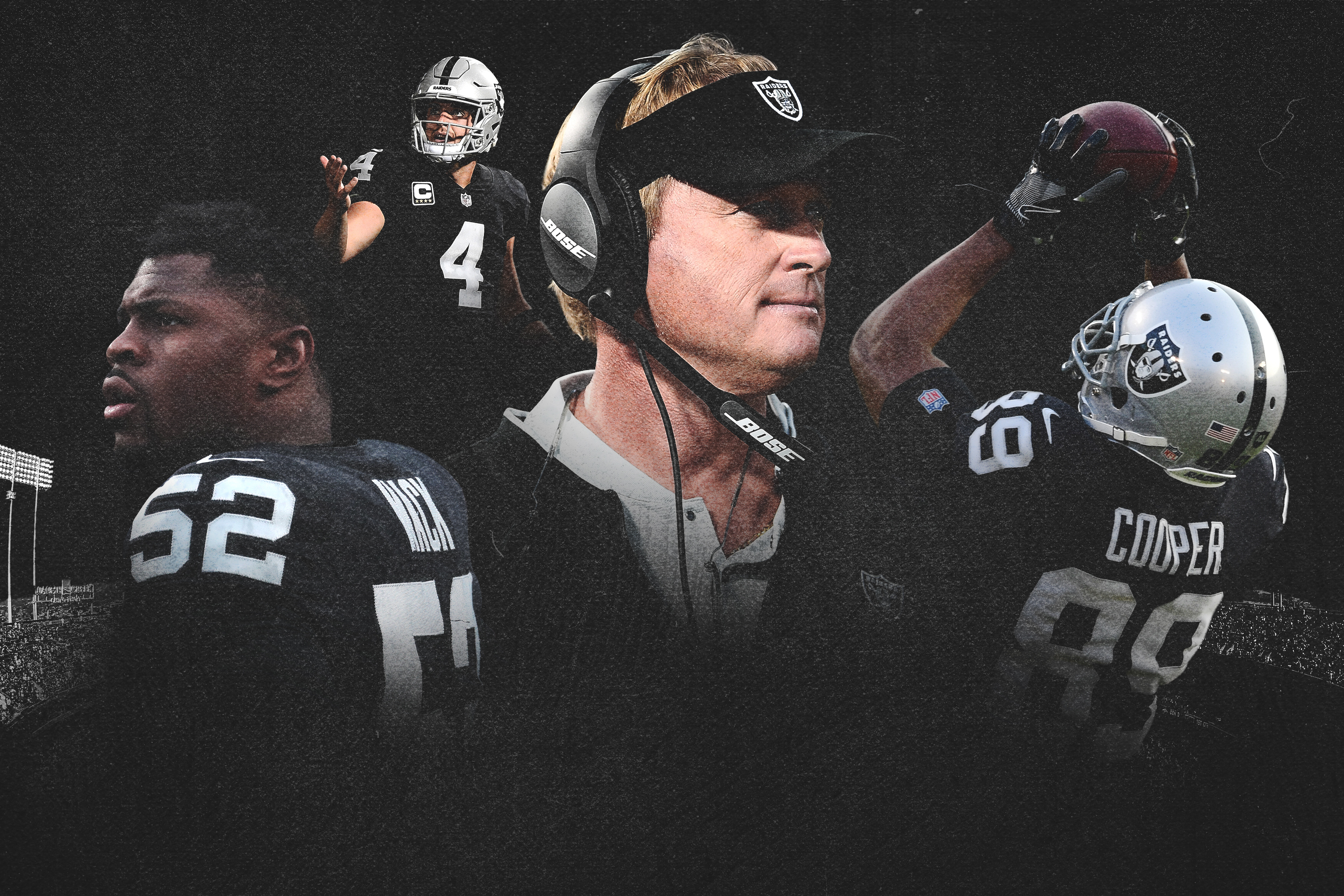Amidst the crack of bats and the roar of crowds, baseball, America’s cherished pastime, is undergoing a quiet revolution. The Major League Baseball (MLB) landscape is transforming, stepping up to the plate to challenge long-held stereotypes and embrace a culture of diversity and inclusion.
This evolution mirrors the dynamism of society itself, reflecting changes that go far beyond the diamond. In this exploration of MLB’s shifting ethos, we’ll examine how the league is knocking preconceptions out of the park, fostering a welcoming environment for all who love the game.
Breaking Barriers in the Dugout
Baseball has always been more than just a game—it’s a narrative of American history, woven with stories of breaking barriers. From Jackie Robinson’s historic debut to the recent hiring of Kim Ng as the first female general manager in MLB by the Miami Marlins, the league continues to redefine what leadership looks like. Ng’s appointment shatters a long-standing gender barrier, sending ripples through the sports world and altering the Miami Marlins odds not only in competition but also in progressiveness.
Embracing International Talents
The fabric of MLB has been enriched by a tapestry of international players, bringing their unique flair and skills to the field. The diverse roster of stars hailing from Latin America, Asia, and beyond is a testament to the sport’s global appeal. This international infusion has introduced new playing styles and strategies, enriching the game and providing fans with an eclectic mix of athletic prowess to admire.
Swing for Social Justice
Recent years have seen MLB players take a stand on social justice issues, using their platforms to advocate for change. Teams and players have shown solidarity in various ways, from wearing Black Lives Matter wristbands to taking a knee during the national anthem. These actions signify a cultural shift within the league, recognizing that the influence of sports icons can extend far beyond the outfield.
Youth Engagement and the Future
Baseball’s future lies in the hands of the youth, and MLB knows it. By investing in programs aimed at young people, especially those from underserved communities, the league is nurturing the next generation of talent and fandom. Initiatives like RBI (Reviving Baseball in Inner Cities) ensure that passion for the game ignites early and that every child has the opportunity to throw a pitch or swing a bat, regardless of their background.
Technology and Analytics’ Home Run
MLB is not just evolving culturally; it’s also on the cutting edge of technology and analytics. The application of sabermetrics and advanced data analysis has changed how teams are managed, players are evaluated, and even fans engage with the sport. This marriage of tech and tradition is reshaping the game, making it more accessible and understandable to a new era of supporters.
Marketing the Melting Pot
Marketing strategies in MLB have shifted to celebrate the sport’s diversity, showcasing players from various ethnicities and backgrounds. This inclusive approach to promotion highlights the league’s commitment to representing its melting pot of talent. It’s a powerful message of unity and shared love for the game that resonates with a broad audience, further solidifying baseball as a unifying force in a divided world.
Conclusion
MLB’s evolving culture is striking out stereotypes and pitching a new narrative of inclusivity and progress. The changes we see today—the shattering of glass ceilings, the celebration of international talents, the advocacy for social justice, the engagement of youth, the embrace of technology, and the inclusive marketing—are home runs for the sport.
As these efforts continue to gain momentum, the Miami Marlins odds and those of every team in the league are looking better, not just for winning games but for winning hearts and minds. The transformation of baseball culture is a testament to the power of sports as a catalyst for change, bringing us all together in the spirit of competition and community.







